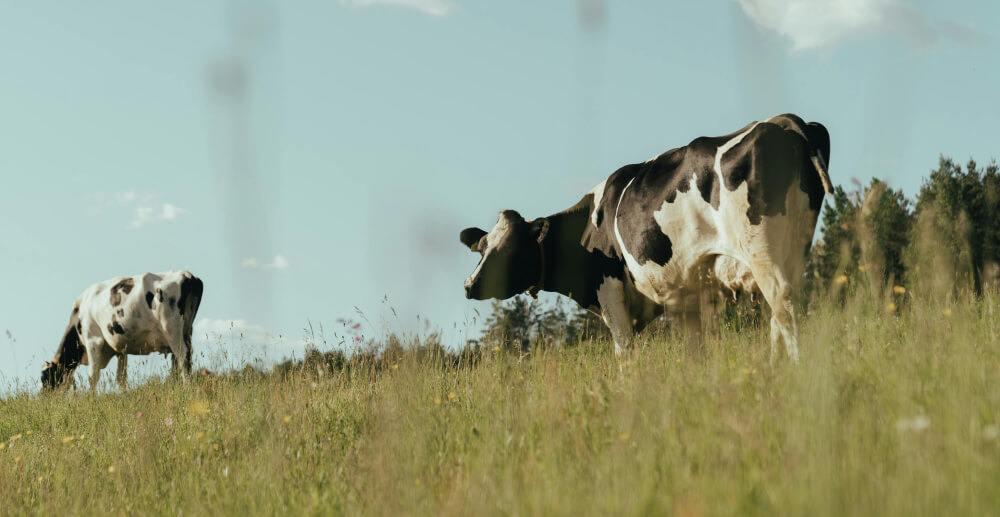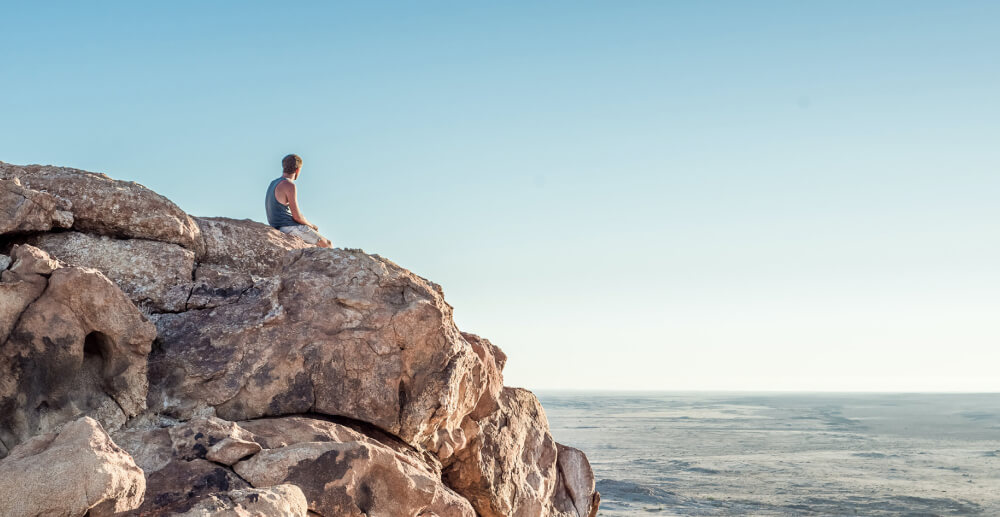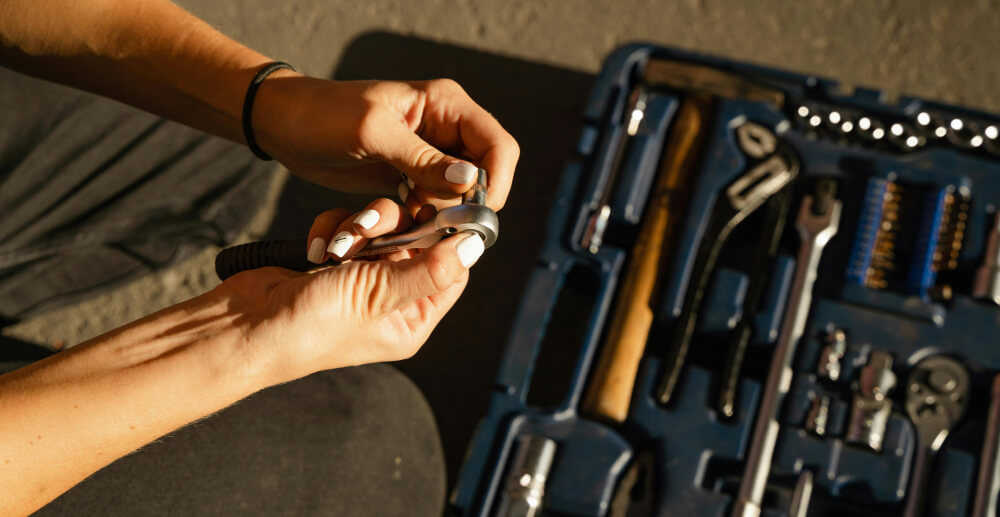The role religion plays in recovery is perhaps one of the more controversial topics among those in the recovery community. For some it has played a vital role, while for others it hasn’t mattered.
I’ve never considered myself a very religious person. I went to church here and there growing up, but it never really spoke to me. I’ve read the Bible and tried to connect with it with little luck. I went to a Catholic college and took theology classes, finding them more intriguing and question-raising more than anything.
So when I got sober nearly six years ago and started attending 12-step meetings, the use of the word “God” and the idea of a higher power really threw me. I knew, of course, that God and higher power could be replaced with anything of my choosing that helped me stay sober. But I still so often felt out of place and felt there were religious undertones to many of the meetings I attended. While I understood this is where many people found comfort and maintained their recovery, it just was never the case for me.
About two years into my sobriety, I stopped attending 12-step meetings for this reason, among others. The role religion plays in recovery is perhaps one of the more controversial topics among those in the community. For some it has played a vital role, while for others it hasn’t mattered.
In the time since leaving 12-step meetings, I’ve come to realize that I’m not alone, and that there are many people out there living a full life in recovery without the presence of religion.
Here are a few of the key things that I make sure are present in my recovery when religion is not.
1. I make sure I have something in my life bigger than myself.

This is an easy one, really. You just need something in your life where you can put some type of faith and trust, or something that makes you feel at ease when nothing else does. This is what God and religion do for some people, which is great. But for me, this is nature. When I feel like the world is closing in on me and I can’t take one more thing, I get out somewhere quiet, somewhere that reminds me just how small I am in the grand scheme of things. I’ve found that nothing resets me quite like some alone time watching a sunset or taking a hike.
“I’ve found that nothing resets me quite like some alone time watching a sunset or taking a hike. ”
2. I make sure I have a support system in place.
When I made the decision to stop attending 12-step meetings, I knew that in a way I was giving up some support in my recovery. Because of this, I knew I would have to make the extra effort to seek out community and people who understood what it is that recovery consists of. Of course, I rely on friends and family to an extent. But when it came to finding others in recovery, social media became vital. If you take the time to search them out, there are so many groups and inspiring individuals you can follow on platforms like Facebook and Instagram. And just because you know them virtually doesn’t mean you can’t connect. I’ve met some of my closest friends and supporters via social media, and they’ve played a big role in me maintaining my recovery.
3. I practice gratitude as often as I can.
I think in a way this replaces praying for me. I believe it’s important to express how grateful you are for the blessings in life. Rather than pray to a higher power and thank them for these things, I practice gratitude lists. This basically just means taking a few moments to jot down the things in life you are grateful for — especially on the hard days, when you find it difficult to feel grateful at all. There is something grounding about taking the time to be thankful for what you do have in life rather than focus on what you wish you had or what isn’t working out.
“I do consider myself spiritual. I believe in something, somewhere — I’m just not sure what or where that thing is.”
4. I acknowledge that being spiritual and being religious are different things.
I do consider myself spiritual. I believe in something, somewhere — I’m just not sure what or where that thing is. And for me, that is OK. I know that I feel connected to my spirituality when I am out in nature, or anywhere that makes me feel small. And really, that’s all I need to know. If I know what works for me and how to seek that thing out, then why do I need a name for that thing? I don’t. My spirituality is my own, and I get to dictate what it means to me. When you think about it, that’s pretty neat.
As with anything in recovery, it’s important to find what works for you and to stick to that. Don’t let anyone tell you that recovery has to be done a certain way. That is likely just that one person’s experience and it may not work for you personally. Take the time to explore what makes you feel connected to the world and to your recovery, and chase that.




